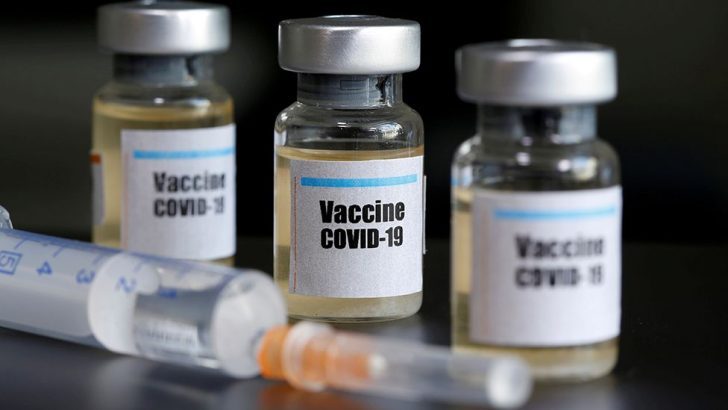Earlier this week, a federal advisory council unanimously voted to endorse booster shots of the Moderna COVID-19 vaccine for a broad variety of Americans, including children. The endorsement is applicable to persons over the age of 65, those over the age of 18 who have risk factors, and those who work in occupations where there is a significant risk of exposure. Half of the regular amount would be administered in the booster shot. Johnson & Johnson’s one-dose vaccine is being considered by the advisory panel, which will meet today to discuss a comparable booster shot for the vaccine.
It has been a priority of the Biden administration to make booster doses widely available in time for the arrival of the winter months. Some have contended that there is little evidence to support their added benefit, while others have stated that they are diverting vaccination supplies away from low-income countries.
On the scientific front, consider the riddle of super-immunity, which is the reason why certain people who have been previously diagnosed with COVID-19 and subsequently vaccinated have a higher immune response than vaccinated persons who have never been infected with COVID-19.
What is a Booster shot?
When the protection offered by the original shot(s) has begun to wane over time, a COVID booster shot is administered to provide an additional dosage of the vaccine. Typically, you would receive a booster shot once your immunity from the initial dose(s) has begun to fade on its own over time. The booster is intended to assist people in maintaining their current level of immunity for a longer period of time.
Who is eligible for the booster shot and who is not?
- Older seniors and people between the ages of 50 and 64 who have medical conditions
- Residents of long-term care facilities who are 18 years of age or older
- People with medical issues between the ages of 18 and 49 years.
The risk of COVID-19 exposure and transmission is higher among employees and residents.

